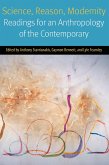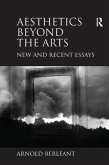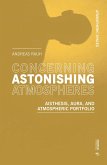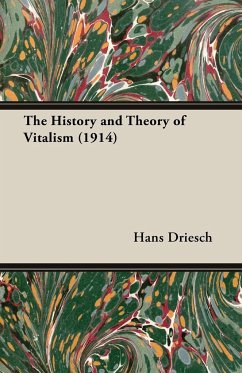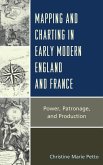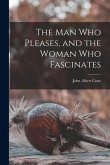"I am enthralled...don't know when I have enjoyed a manuscript so much" - Professor Dame Marilyn Strathern, University of Cambridge
"This is a first-rate book. The ethnography is rich and very sensitively and imaginatively interpreted. And the analysis is consistently penetrating and original... I think certain to be influential." - James Laidlaw, William Wyse Professor of Social Anthropology, University of Cambridge
"This book represents a highly original and subtle accounting of alternative horsemanship in the UK. With insightful interventions into a range of debates, especially within multispecies ethnography and the anthropology of ethics, Human-Horse Relations and the Ethics of Knowing breaks new ground. It invites us to think again about the relationships of engagement and detachment between horse and rider. Most impressively, it crafts a careful and beautifully rendered description of ideologies of training in practice and gets us to consider afresh the tensions and freedoms expressed through such form of human-animal partnership. A wonderful read." - Adam Reed, University of St Andrews
"This is a first-rate book. The ethnography is rich and very sensitively and imaginatively interpreted. And the analysis is consistently penetrating and original... I think certain to be influential." - James Laidlaw, William Wyse Professor of Social Anthropology, University of Cambridge
"This book represents a highly original and subtle accounting of alternative horsemanship in the UK. With insightful interventions into a range of debates, especially within multispecies ethnography and the anthropology of ethics, Human-Horse Relations and the Ethics of Knowing breaks new ground. It invites us to think again about the relationships of engagement and detachment between horse and rider. Most impressively, it crafts a careful and beautifully rendered description of ideologies of training in practice and gets us to consider afresh the tensions and freedoms expressed through such form of human-animal partnership. A wonderful read." - Adam Reed, University of St Andrews


